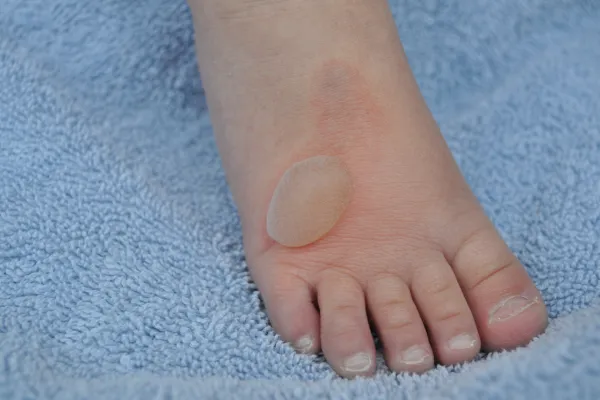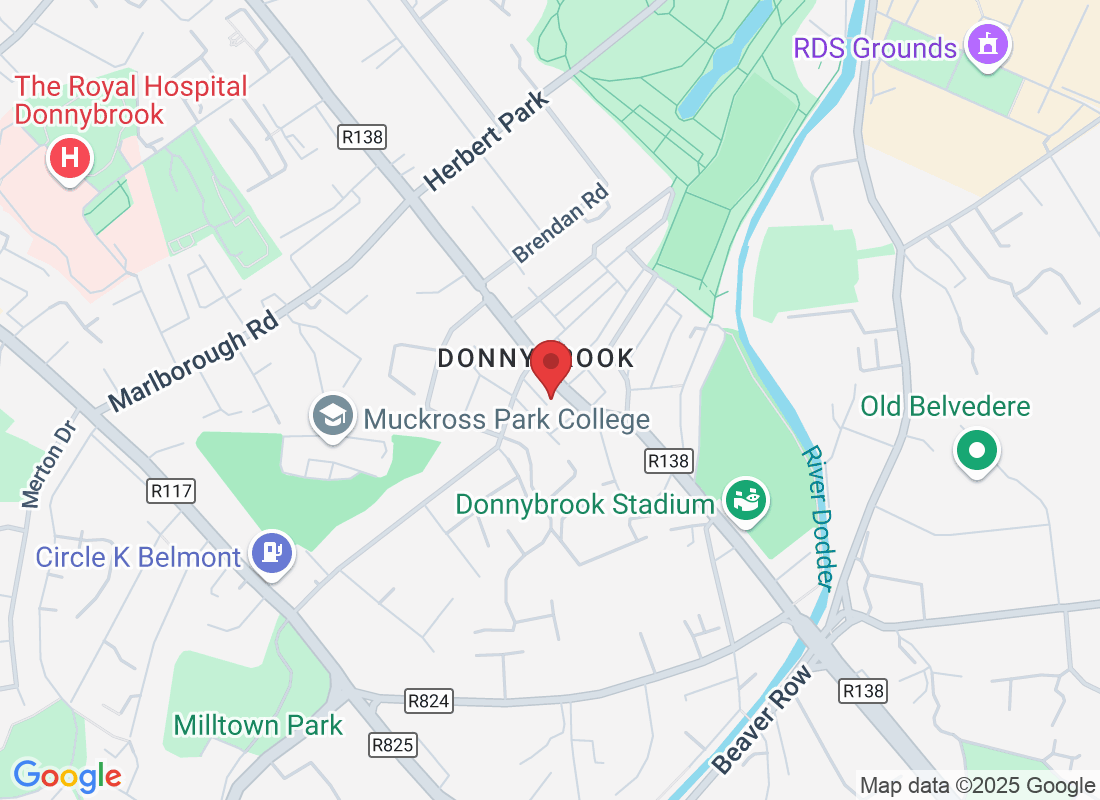
Is That Lump on Your Foot a Ganglion Cyst? Here’s What to Know
Introduction:
Noticed a strange bump on your foot that seems to come and go, or maybe just won’t budge? It might not be something serious — but it’s also not something to ignore. One common cause of a lump on the top or side of the foot is a ganglion cyst.
These fluid-filled sacs are usually harmless, but they can cause discomfort or interfere with movement. At our Foot Clinic in Dublin 4, we often see patients unsure about what the lump is or what to do next. This blog will walk you through the signs, causes, and treatment options for ganglion cysts — and when it’s time to get it checked.
What Is a Ganglion Cyst?
A ganglion cyst is a non-cancerous lump filled with a jelly-like fluid. It forms near joints or tendons and is most commonly found on the hands and wrists — but they can also appear on the feet, especially around the ankle or top of the foot.
Ganglion cysts can vary in size. Some are small and barely noticeable, while others grow large enough to press on nearby nerves, causing pain or tingling.
How Can You Tell If It’s a Ganglion Cyst?
Here are some signs that the lump on your foot might be a ganglion cyst:
It’s round or oval, and feels smooth under the skin
The size may change — it can grow, shrink, or even temporarily disappear
It may feel soft or firm, depending on how deep it is
It might hurt when pressed or when wearing tight shoes
There’s no redness or warmth (unlike infections, which often look inflamed)
However, other conditions can look similar — including lipomas (fatty lumps), bone spurs, or even soft tissue infections. That’s why getting a proper diagnosis is important.
What Causes a Ganglion Cyst?
The exact cause isn’t always clear, but some factors that may contribute include:
Repeated pressure or irritation on a joint or tendon
Previous injury to the area
Joint or tendon wear and tear, especially in active or older adults
Foot mechanics, such as flat feet, which may increase stress on certain areas
They’re more common in women and typically develop between the ages of 20 and 50 — though they can occur at any age.
Do Ganglion Cysts Go Away on Their Own?
Sometimes, yes. Ganglion cysts can shrink or disappear without treatment — especially if they’re not causing pain. But many people seek help because:
The lump becomes painful or irritating
It interferes with walking or wearing shoes
It keeps coming back after disappearing
If a cyst is affecting your daily life or causing concern, it’s worth getting it checked at a trusted foot clinic in Dublin 4.
Treatment Options for Ganglion Cysts
At Mary Moore Podiatry, we assess each case individually. Depending on the size and symptoms, treatment may include:
Monitoring Only
If the cyst isn’t painful or causing problems, we may recommend simply watching it and checking for any changes.
Padding or Footwear Adjustments
Reducing pressure from shoes can relieve discomfort and prevent the cyst from worsening.
Aspiration
This involves using a sterile needle to draw fluid out of the cyst. While this can relieve pressure, the cyst may return — especially if the root cause isn’t addressed.
Referral for Surgical Removal
For recurring or large cysts that cause ongoing problems, we may refer you for surgical removal, which targets both the cyst and its “stalk” to reduce recurrence.
When to Visit a Foot Clinic
You should have a lump on your foot assessed if:
It’s growing or changing shape
It’s painful or affecting how you walk
It’s interfering with your shoes or causing pressure
You’re unsure what it is
At our Foot Clinic in Dublin 4, we’ll give you a clear diagnosis and guide you through your treatment options — so you’re not left wondering or worrying.
Conclusion:
Ganglion cysts might not be dangerous, but they can definitely be annoying — especially when they affect your comfort or daily movement. The good news? You don’t have to just “live with it.” If you’ve spotted a lump on your foot and want clarity and care, we’re here to help.




